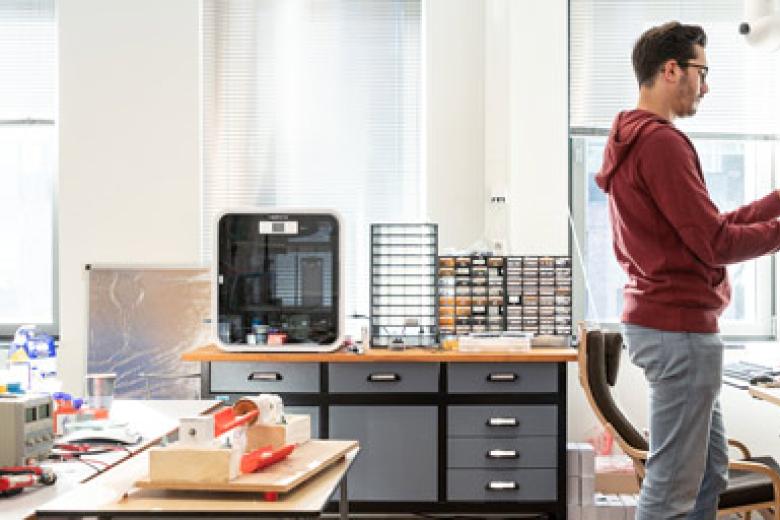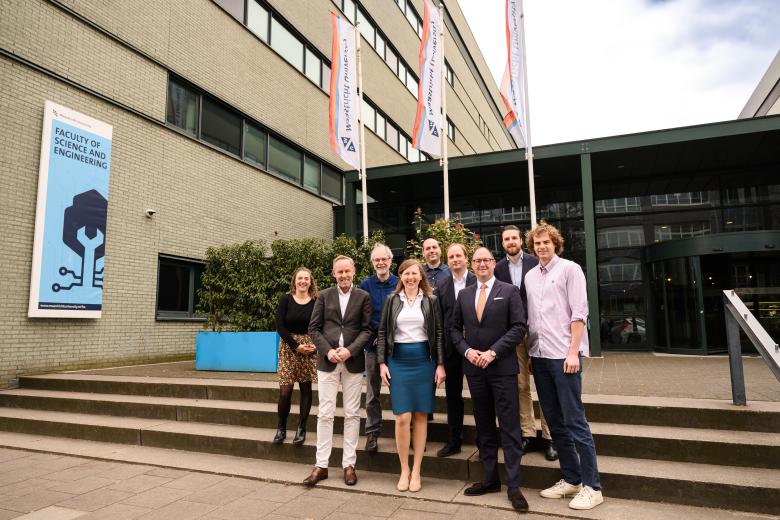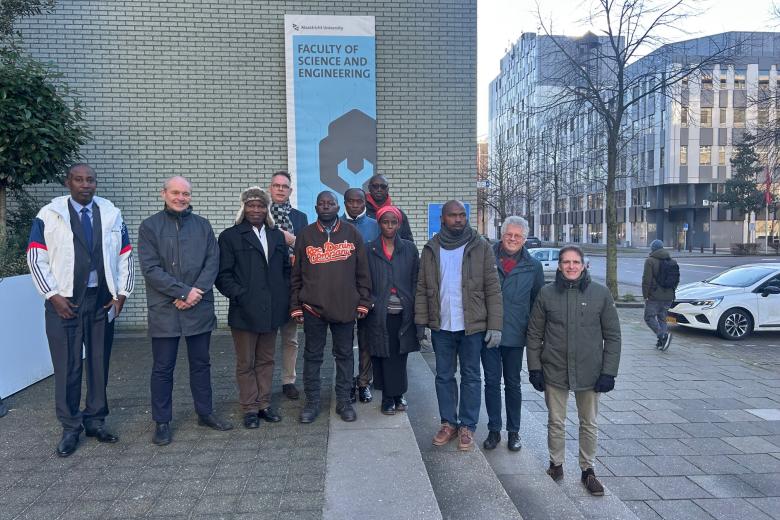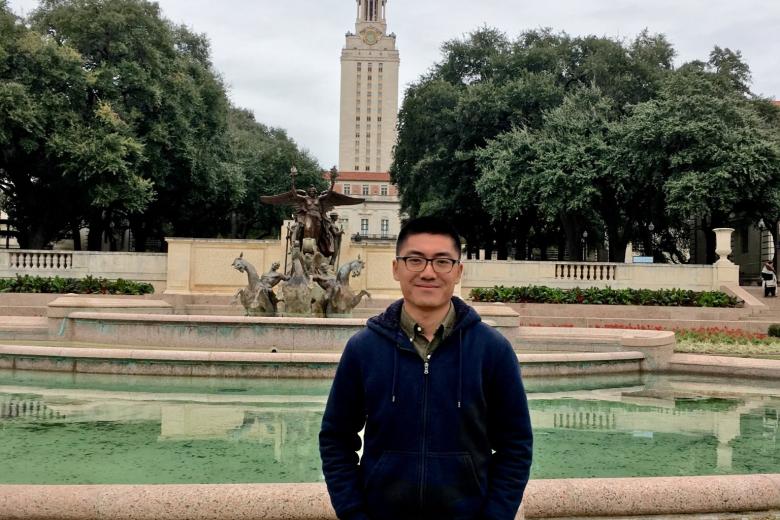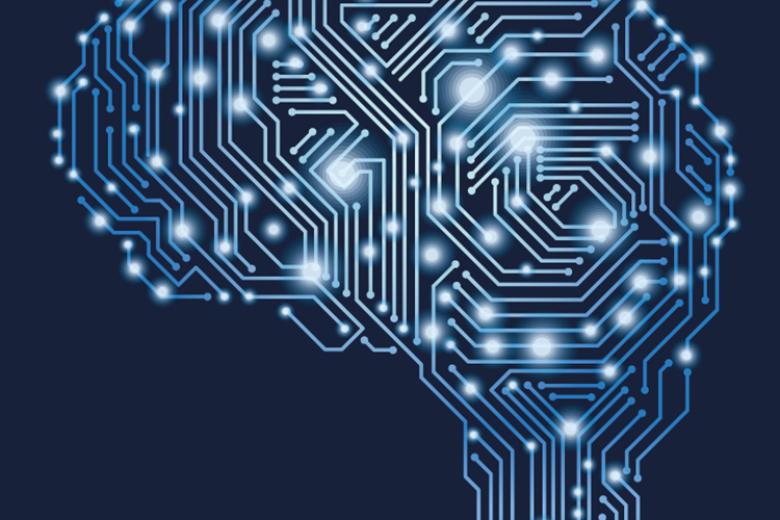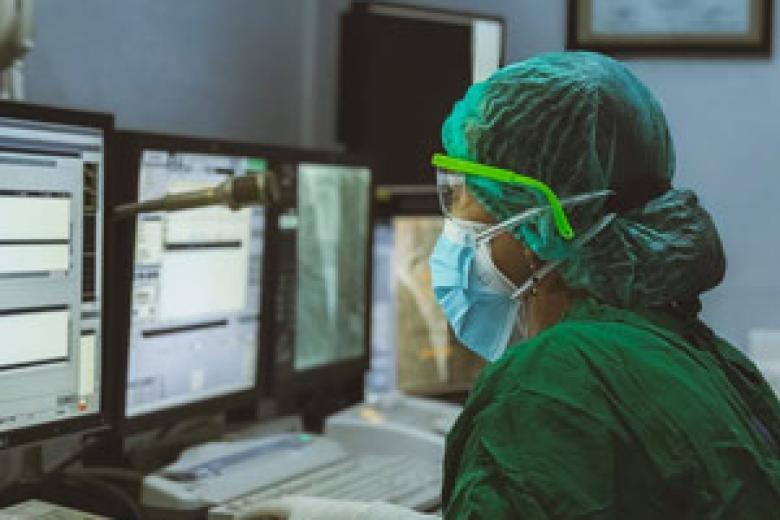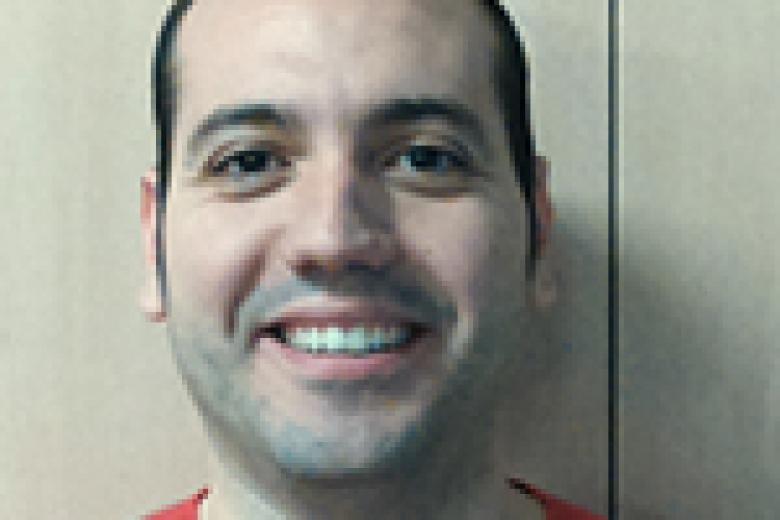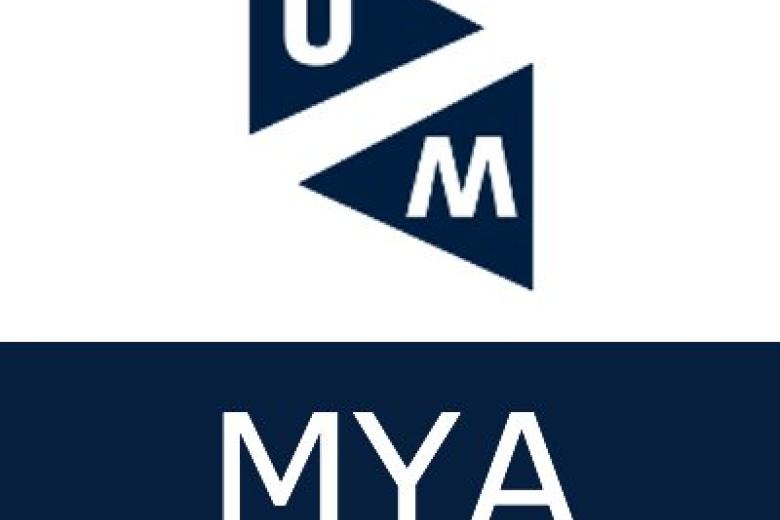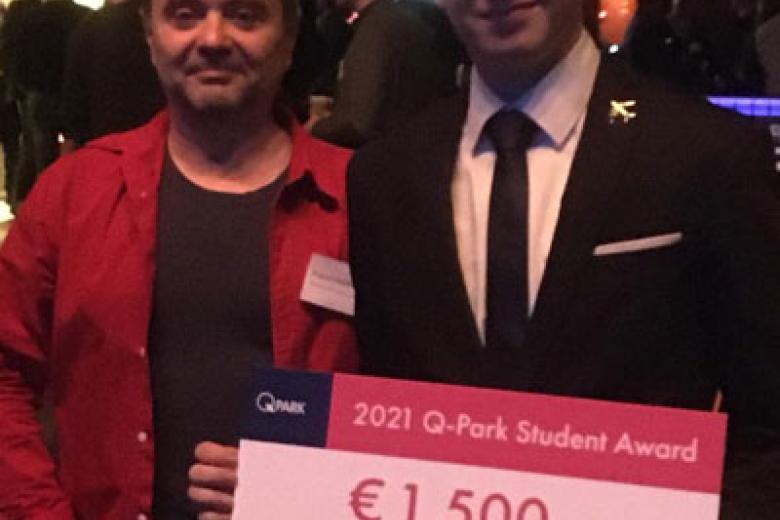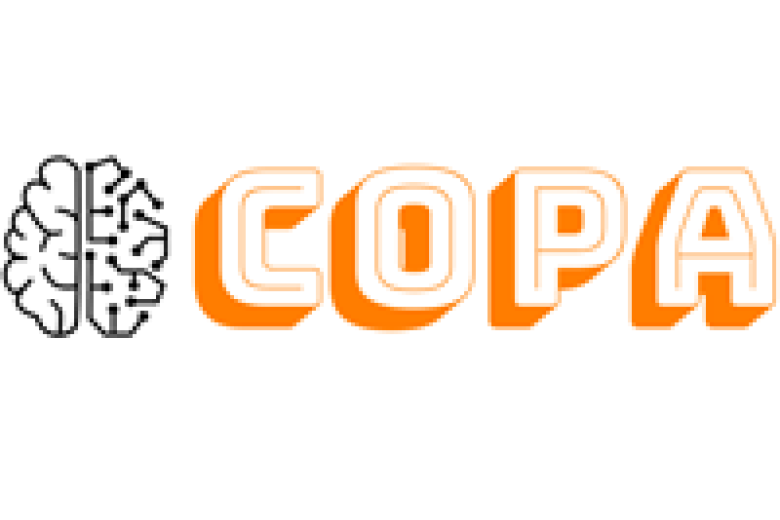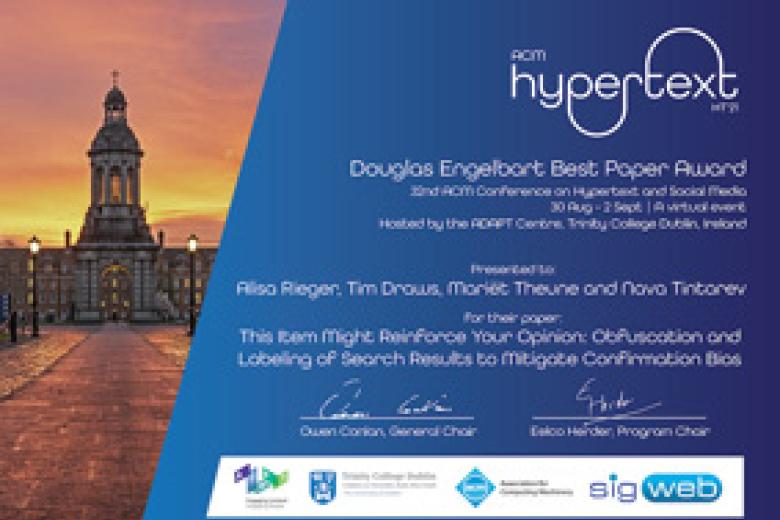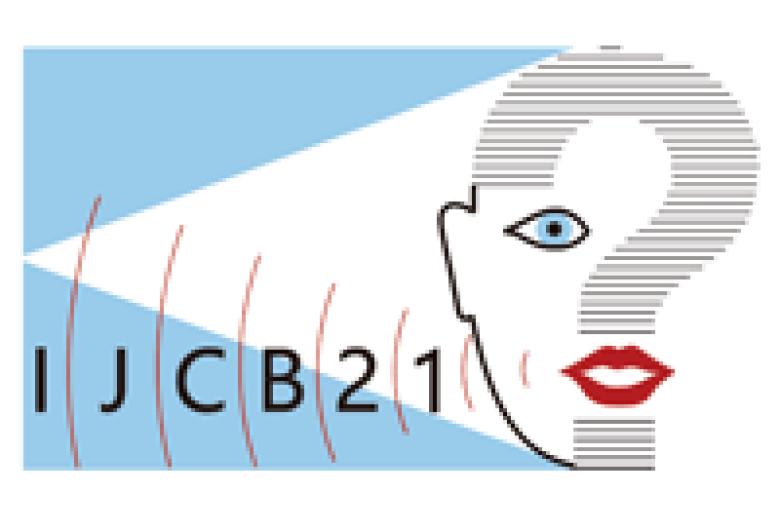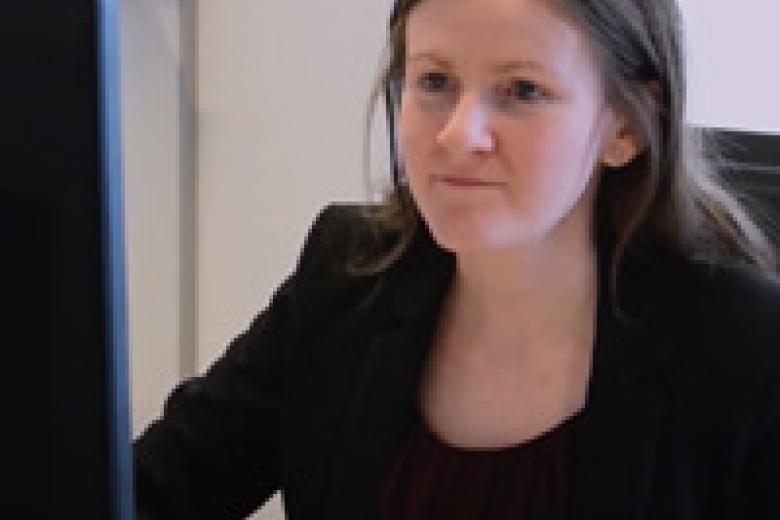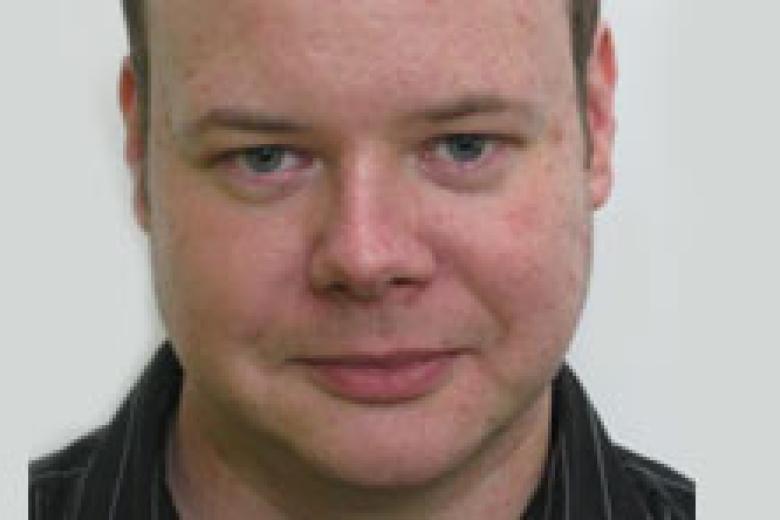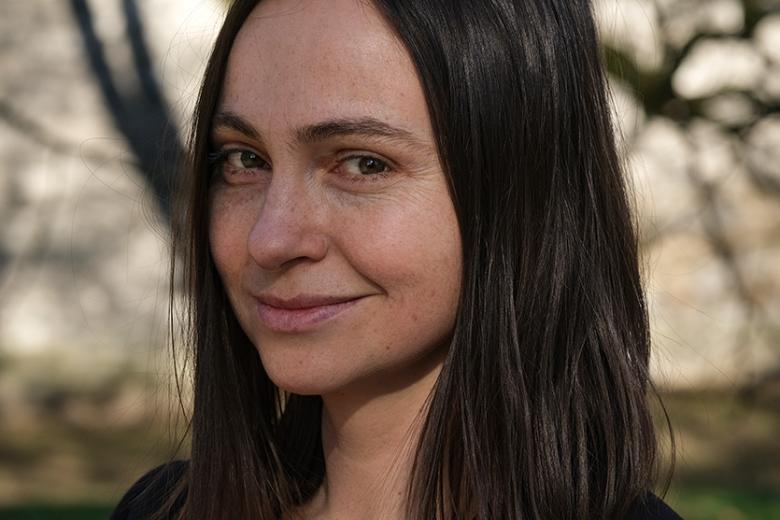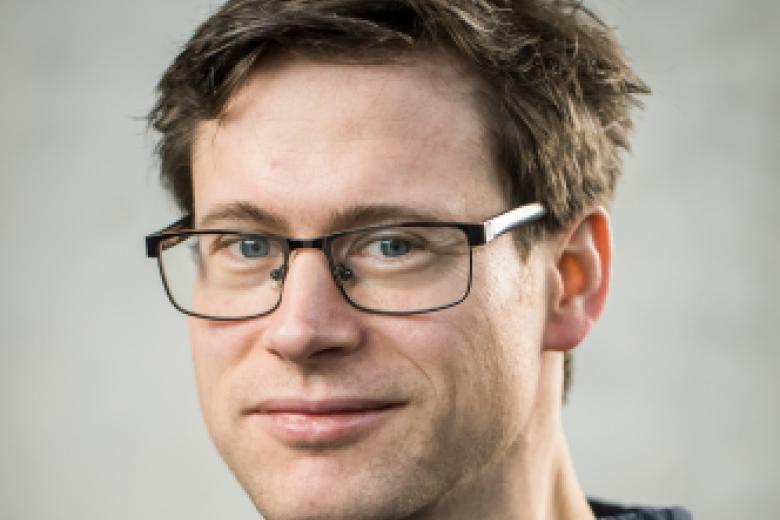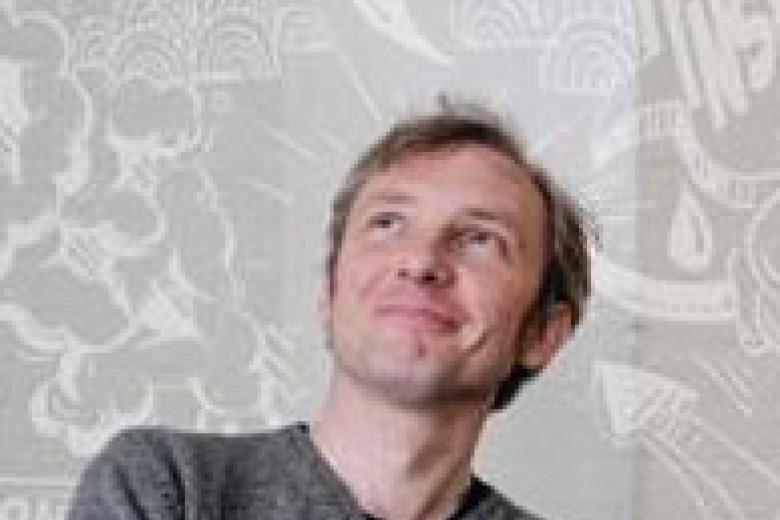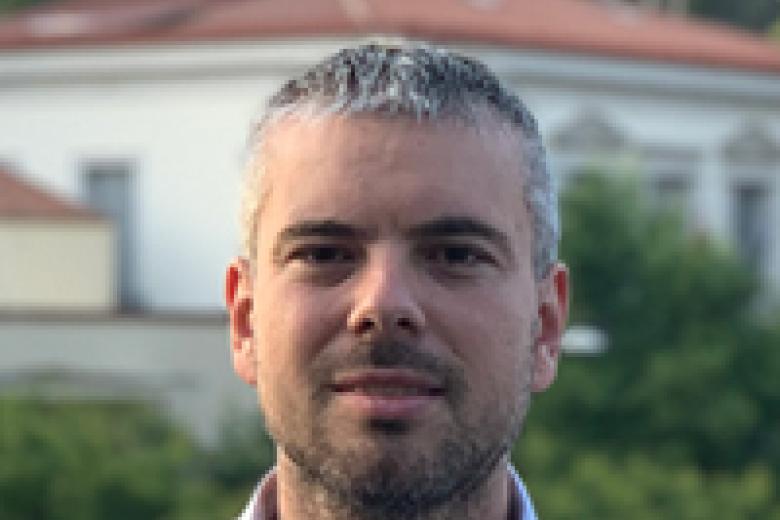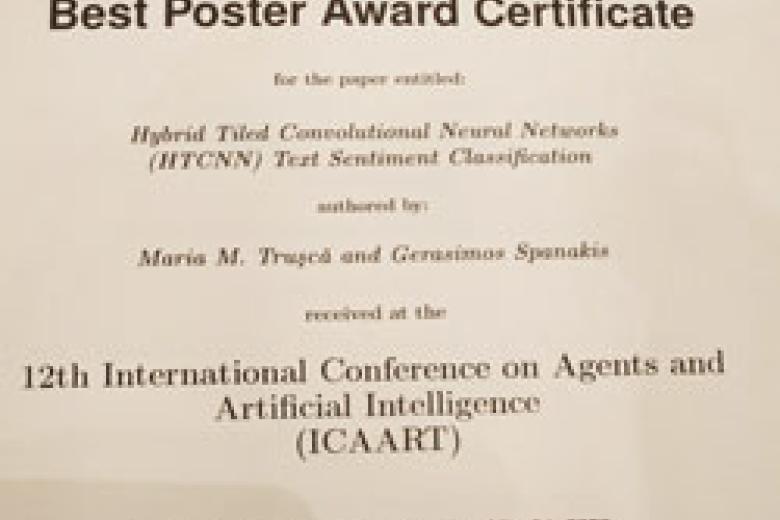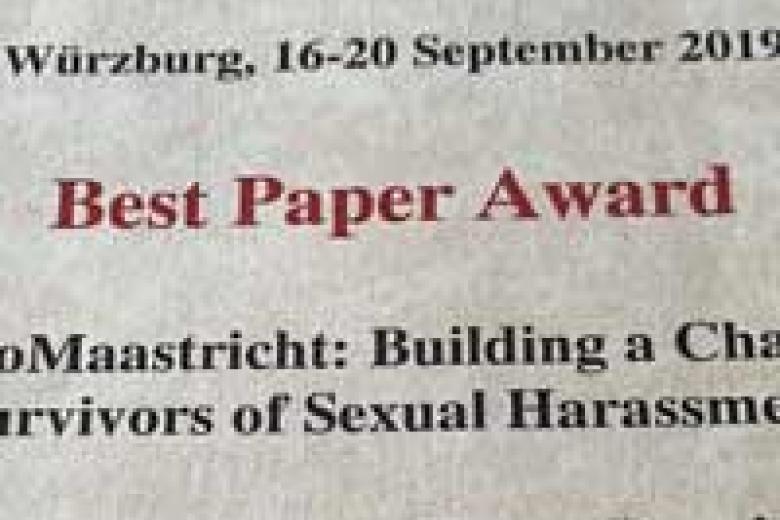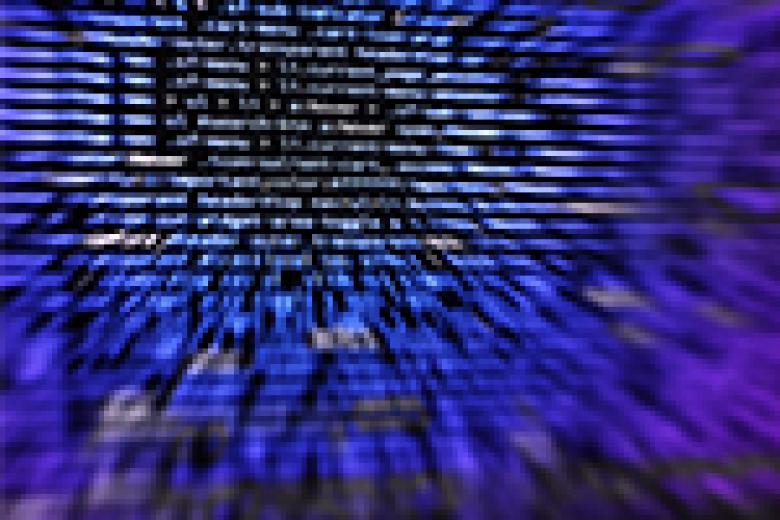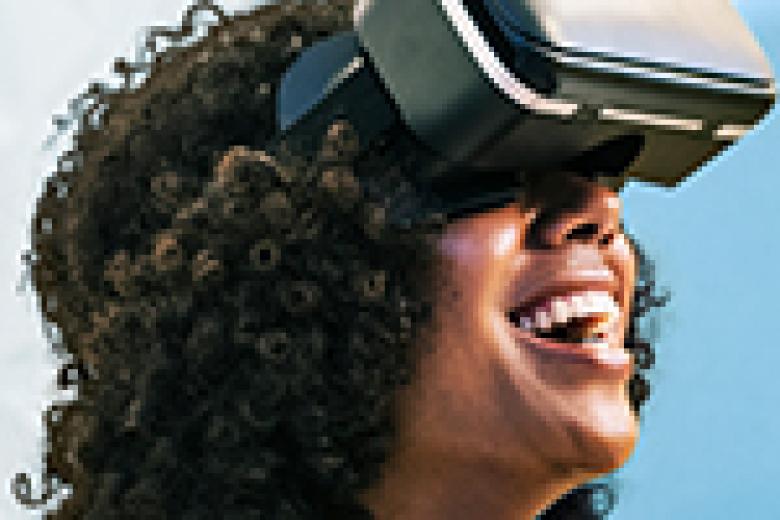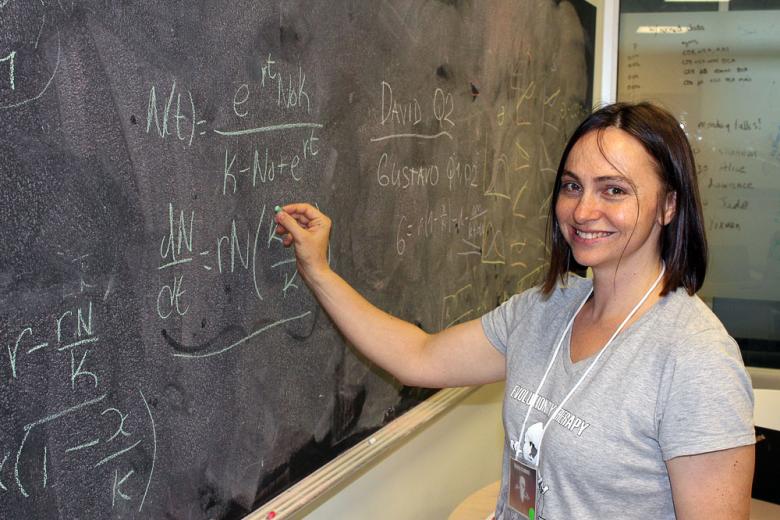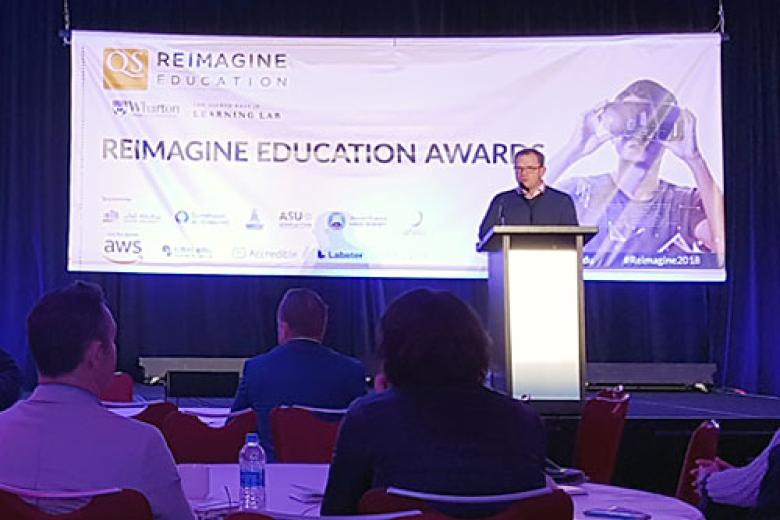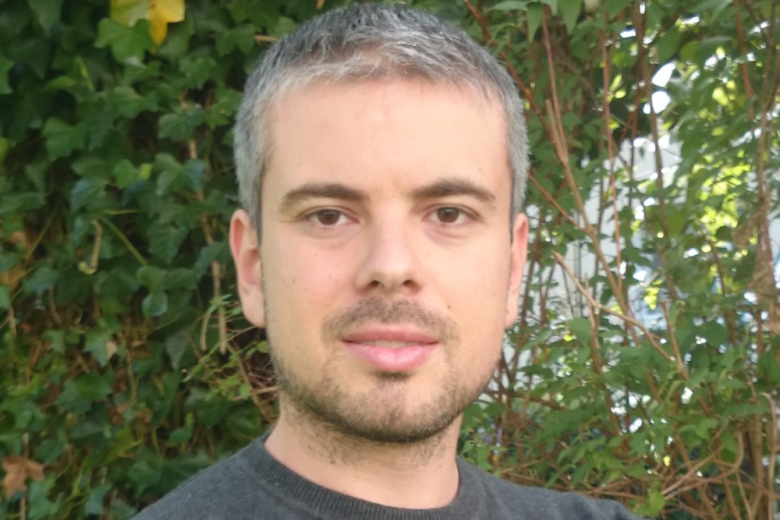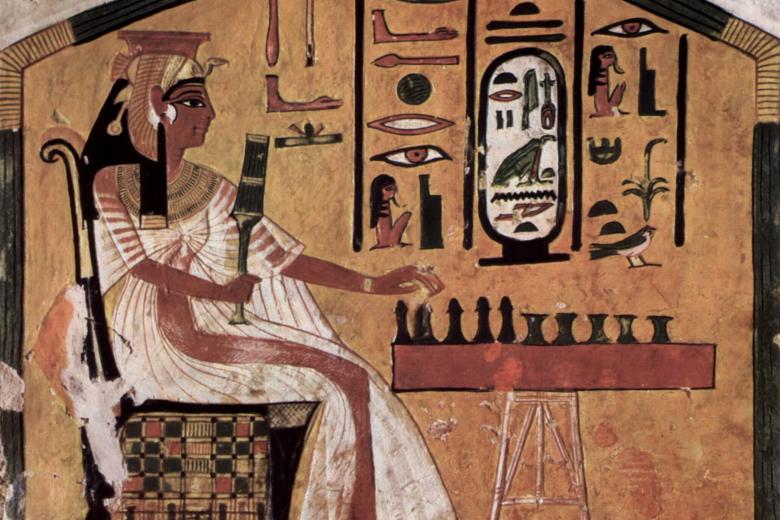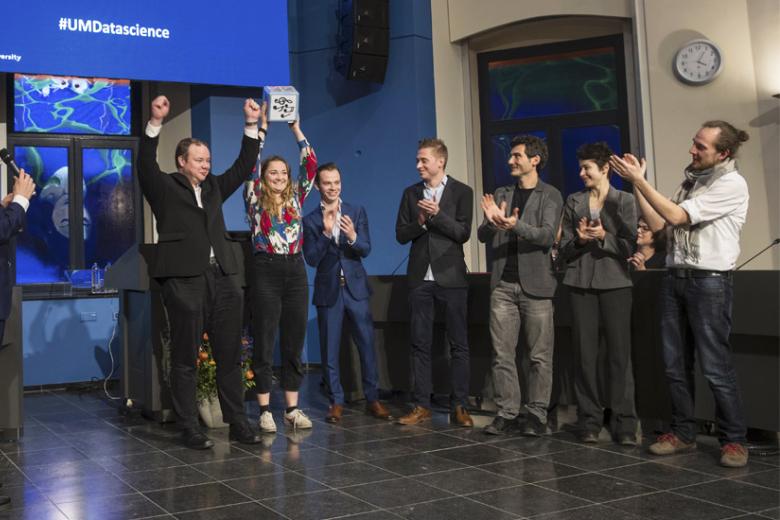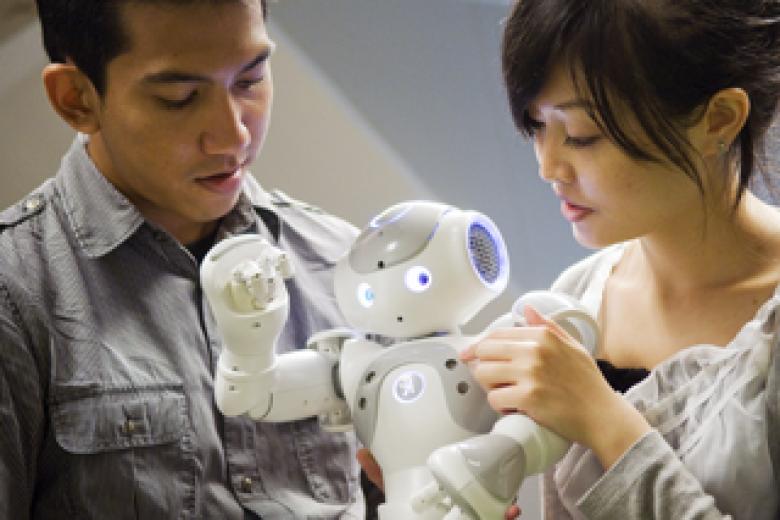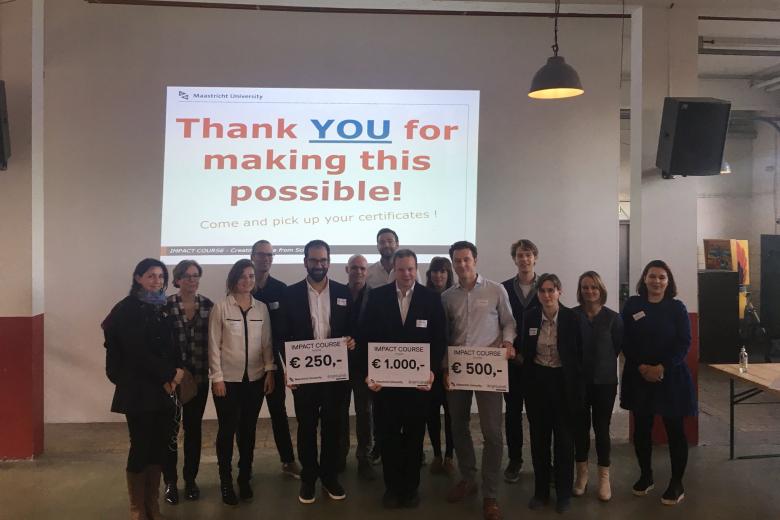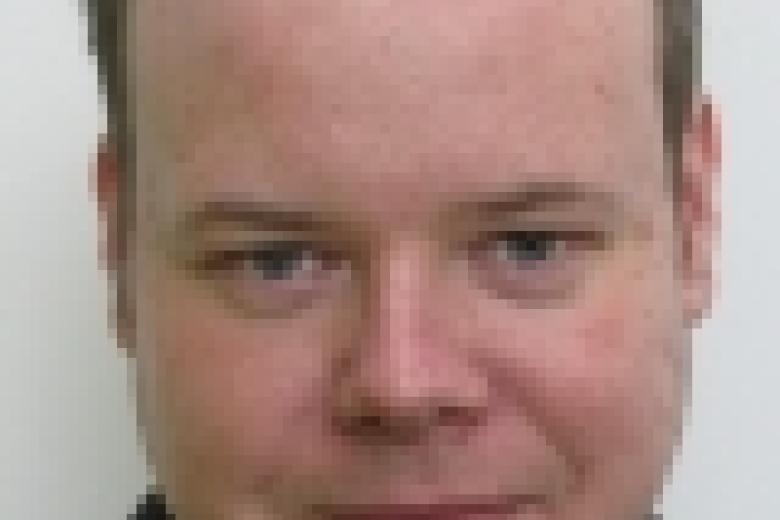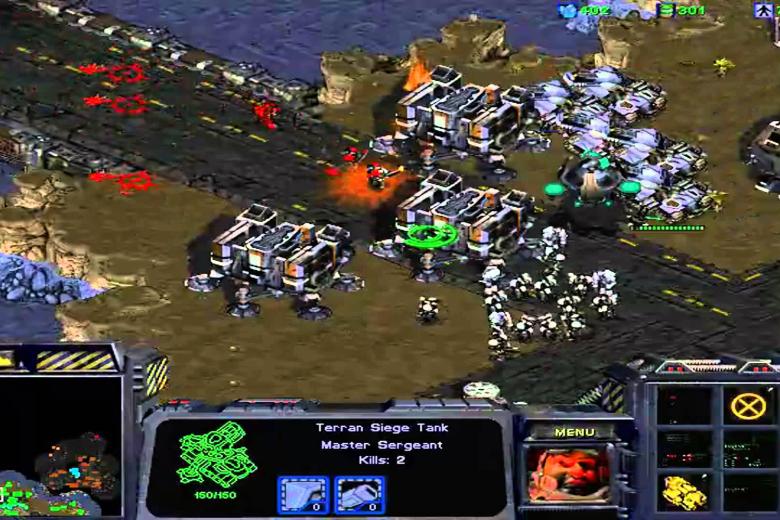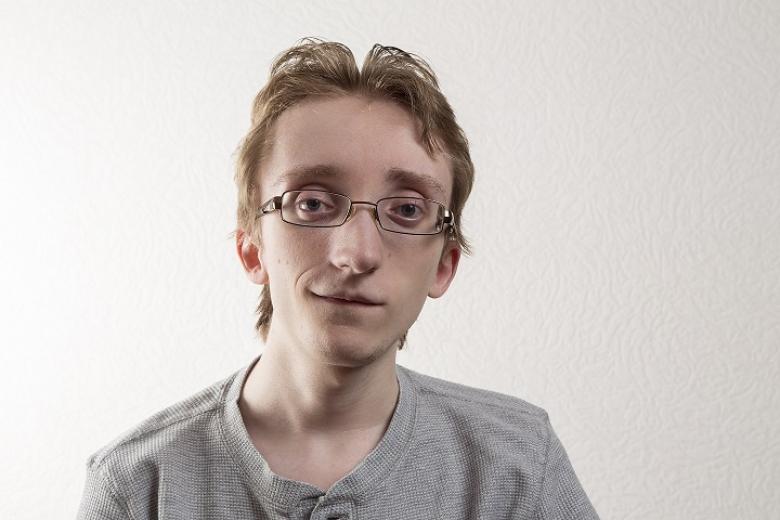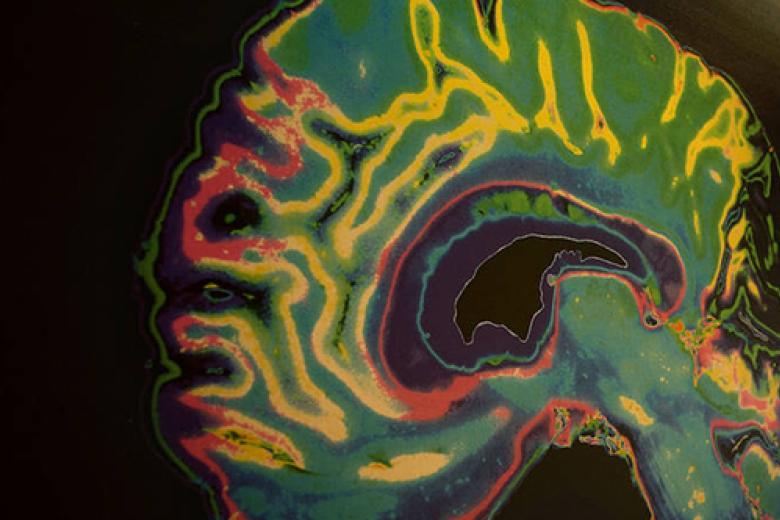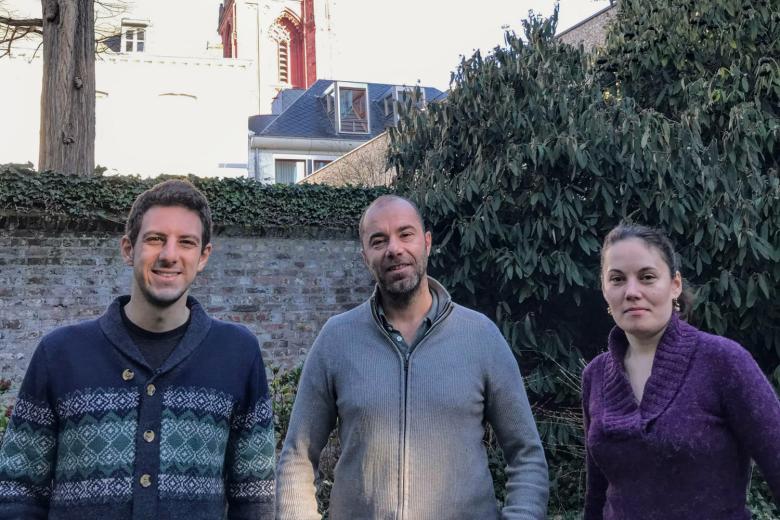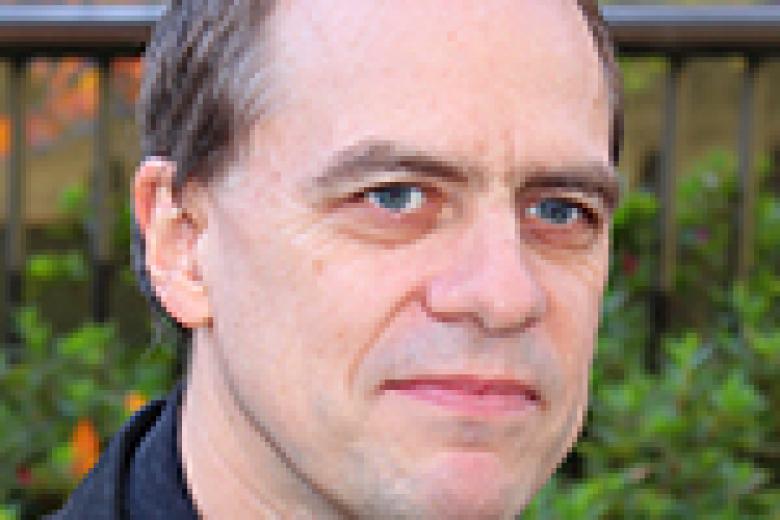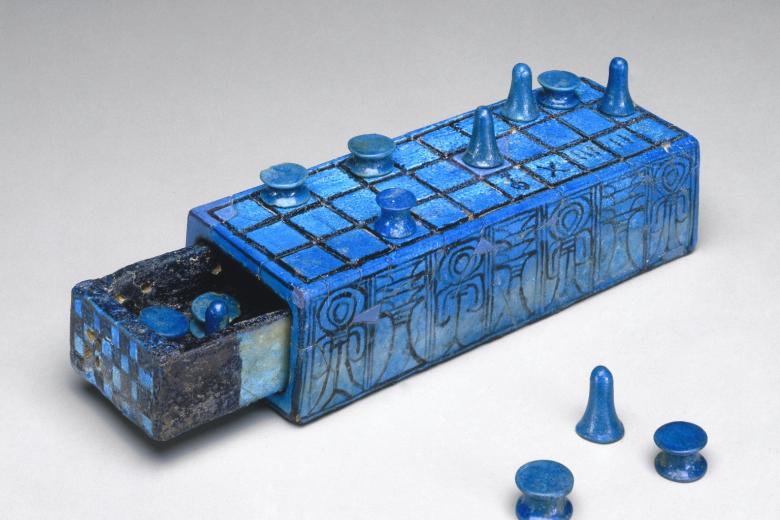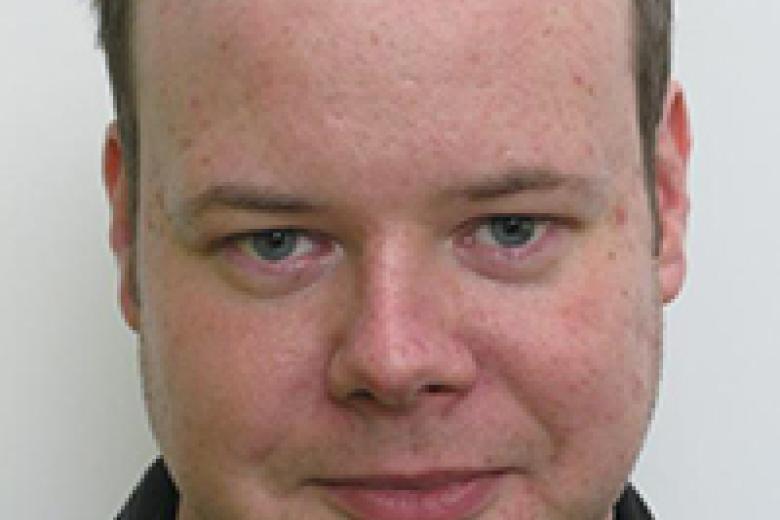Research
The Department of Advanced Computing Sciences is Maastricht University’s largest and oldest department broadly covering the fields of artificial intelligence, data science, computer science, mathematics and robotics.
Over 100 researchers work in the department, whose roots trace back to 1987.
Research area groups
Our research area groups foster collaboration and knowledge exchange between colleagues working on similar methods. Researchers move freely between these groups, which themselves evolve according to the latest advances in the various branches of computing sciences.
Each research area group is led by a dedicated coordinator.
Current research area groups and coordinators
- Algorithms | Coordinator: Steven Kelk
- Cognitive Systems | Coordinator: Enrique Hortal Quesada
- Explainable Artificial Intelligence | Coordinator: Tjitze Rienstra
- Games | Coordinator: Barbara Franci
- Quantum and High-Performance Computing | Coordinator: Menica Dibenedetto
- Systems and Control | Coordinator: Joël Karel
- Data Science | Director of the Institute of Data Science: Michel Dumontier
- Computing Sciences Education | Coordinator: Martijn Boussé
Director of research: Nava Tintarev
Chair: Mark Winands

Professors and chairs
Distinguished university professor
Prof. dr. Michel Dumontier: Data Science | View profile
Prof. Dumontier's research focuses on the development of novel computational methods for responsible data science and artificial intelligence with applications computational drug discovery and personalized medicine. This includes developing approaches in formal knowledge representation (knowledge graphs), machine and deep learning (predictive models and synthetic data), and data quality and data sharing (FAIR principles).
Full professors
Prof. dr. Adriana (Anda) Iamnitchi: Computational Social Sciences | View profile
Prof. Iamnitchi’s research efforts focus on developing and applying computational approaches to extract knowledge from massive amounts of data in order to analyze, model and simulate users’ collective and individual behavior on cyber-social systems.
Prof. dr. ir. Ralf Peeters: Mathematical Aspects of Knowledge Engineering | View profile
The focus of Prof. Peeters' chair is on data-driven methods of mathematical modelling, control and optimization, including signal and image processing and machine learning. Applications lie in health, systems biology, engineering and industry.
Prof. dr. Frank Thuijsman: Strategic Optimisation and Data science | View profile
Research focus is on dynamic (evolutionary) game theory particularly and on operations research (planning and scheduling) more generally. Applications in the bio(medical) domain on the one hand and the industrial domain on the other are a driving force on Prof. Thuijsman's research agenda, and AI tools are used for data analysis.
Prof. dr. Nava Tintarev: Explainable Artificial Intelligence | View profile
As AI systems’ actions and decisions will significantly affect their users, it is important to be able to understand how and why an AI system produced the effect that it did. One key aim of Prof. Tintarev's chair is therefore to make the inner workings of AI systems more accessible and transparent in a human-understandable way.
Prof. dr. Gerhard Weiss: Artificial Intelligence and Computer Science | View profile
This chair’s research focus is on automated knowledge processing and on theoretical foundations and practical applications of intelligent systems. Prof. Weiss is particularly interested in the design and analysis of methods and techniques that enable such systems to cooperate and compete with each other in a flexible and autonomous way.
Prof. dr. Anna Wilbik: Data Fusion and Intelligent Interaction | View profile
This chair bridges the gap between the meaning of data and human understanding in complex application environments, where data can be of various natures. Prof. Wilbik’s research focus lies on supporting interaction between machine and human for joint decision-making, information and data fusion, and decision contextualizing.
Prof. dr. Mark Winands: Machine Reasoning | View profile
Machine Reasoning involves algorithms to efficiently search in general solution spaces, and methods specifically for planning and scheduling, game theory, reasoning under uncertainty, adaptive strategies, and constraint satisfaction. This chair operates on the interface of AI and Mathematics and Operations Research, as many of these algorithms originate from the latter.
Professors holding endowed chairs
Prof. dr. Christopher Brewster: Application of Emerging Technologies | View profile
The chair in Application of Emerging Technologies is supported by TNO.
Prof. Brewster's research interests include Semantic Technologies, Open and Linked Data, Interoperability Architectures and Data Governance, with a focus on food and agriculture, and the wider issues of the impact of technology on the environment.
Prof. dr. David Groep: e-Infrastructure | View profile
The chair in e-Infrastructure is supported by Nikhef.
This chair focuses on the integration of computing systems, networks, and storage; the evolution of algorithms that exploit the novel systems architectures; and the secure collaboration mechanisms that make this a collective, global ecosystem. This e-Infrastructure is then used in data-processing intensive applications to validate the results in real-life.
Prof. dr. Jan Scholtes: Text-Mining | View profile
The chair in Text-Mining is supported by ZyLAB.
Text mining aims to provide deeper understanding and new insights of large collections of textual data as faced in legal, medical, law enforcement, intelligence, social sciences, humanities or marketing applications. Text-mining research applies advanced techniques from the fields of information retrieval (search engines) and advanced natural language processing (NLP).
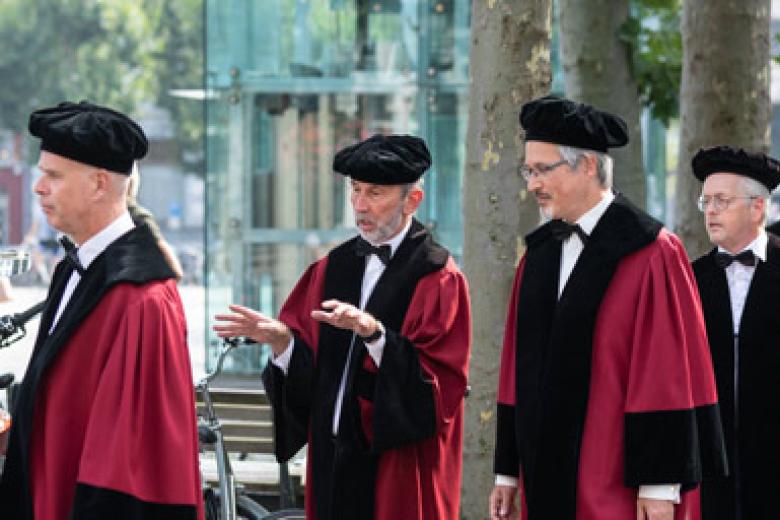
News, grants and media appearances
Research news
Recent grants and awards
Researchers in the media
Memberships, affiliations and networks
Within Maastricht University

Institute of Data Science
The Institute of Data Science (IDS) is committed to research in data science and artificial intelligence, collaborating across disciplines, institutions, and sectors. The goal is to accelerate scientific discovery, improve clinical care and well-being, and to strengthen communities.
The Institute of Data Science is part of the Department of Advanced Computing Sciences.
Law & Tech Lab
Our researchers participate in the Law & Tech Lab, which operates at the intersections of law, technology, data science and knowledge engineering.

MaCSBio
The Maastricht Centre for Systems Biology (MaCSBio) develops computational and mathematical models to advance understanding of biological systems. Our researchers collaborate as associate members.
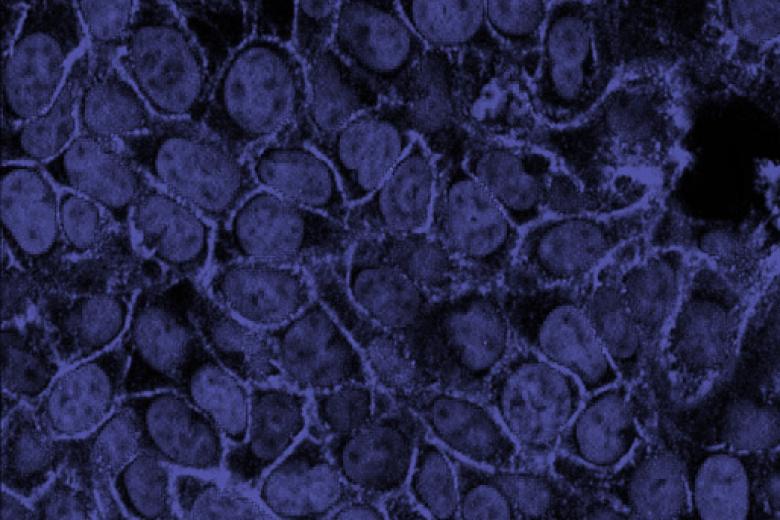
Mathematics Centre Maastricht
Our department is a one of two core departments of the Mathematics Centre Maastricht (MCM), which unites research, education and outreach in mathematics across Maastricht University.
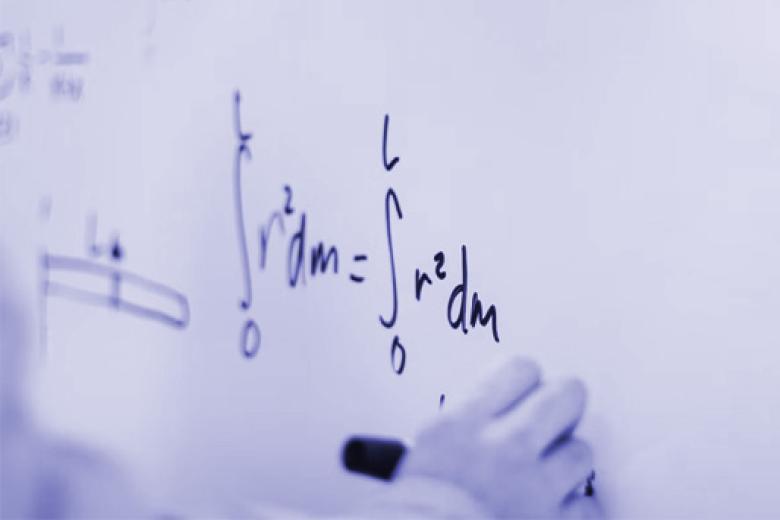
Studio Europa
Studio Europa Maastricht is a centre of expertise for Europe-related debate and research. We participate in interdisciplinary research into fairness and transparency in the digital ecosystem.
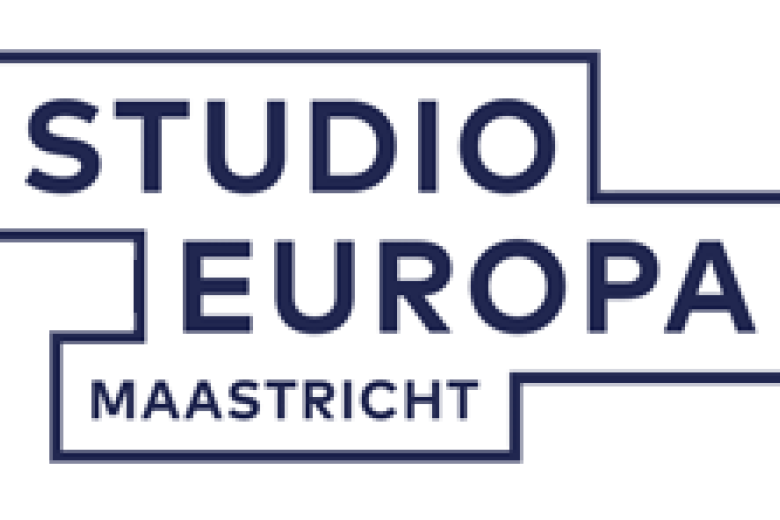
Quantum Computing @ UM
Quantum Computing at Maastricht University (QC@UM) is a collaboration between our department and the Gravitational Waves & Fundamental Physics group. QC@UM explores the potential of quantum computers for future state-of-the-art physics detectors.
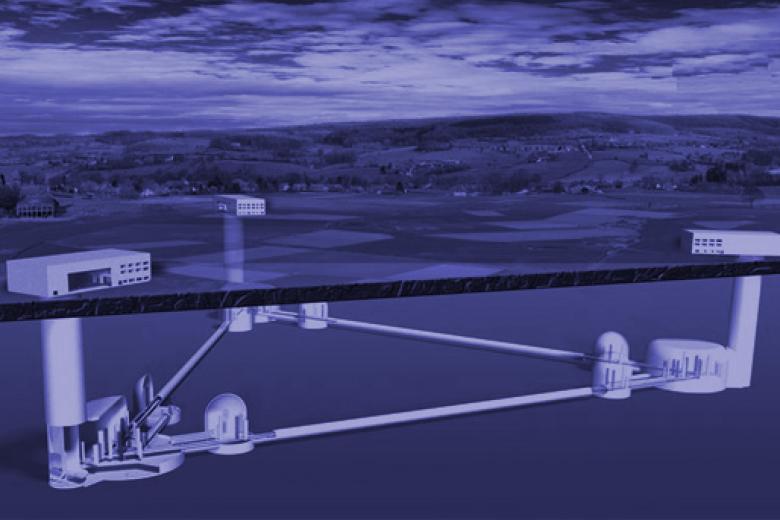
Brightlands Robotics Initiative
The Brightlands Robotics Initiative develops smart robots to drive regional activities. The Initiative is fully embedded within the Department of Advanced Computing Sciences.
Website coming soon
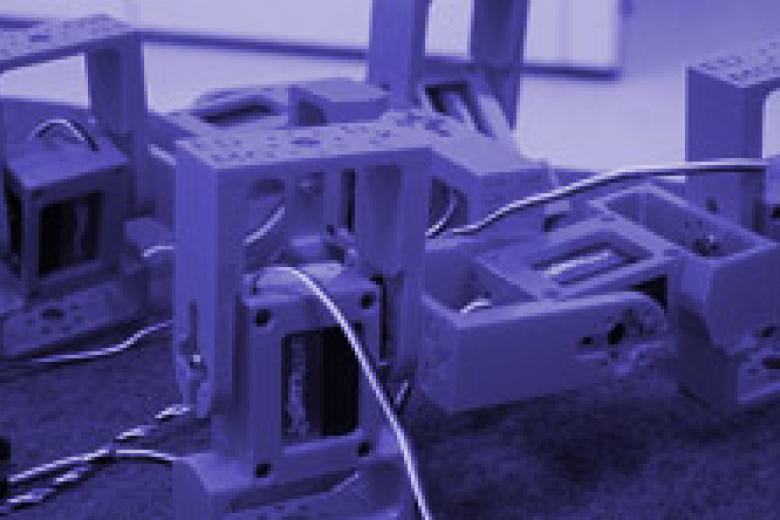
Brightlands Institute for Smart Society
The Brightlands Institute for Smart Society (BISS) connects Maastricht University’s academic knowledge and expertise in data science with societal needs. Professor Anna Wilbik and Professor Michel Dumontier are part of the BISS team.

Brightlands Smart Services Campus
Our department has its own office on the Brightlands Smart Services Campus in Heerlen, which focuses on bringing together different partners around the topic of data science.
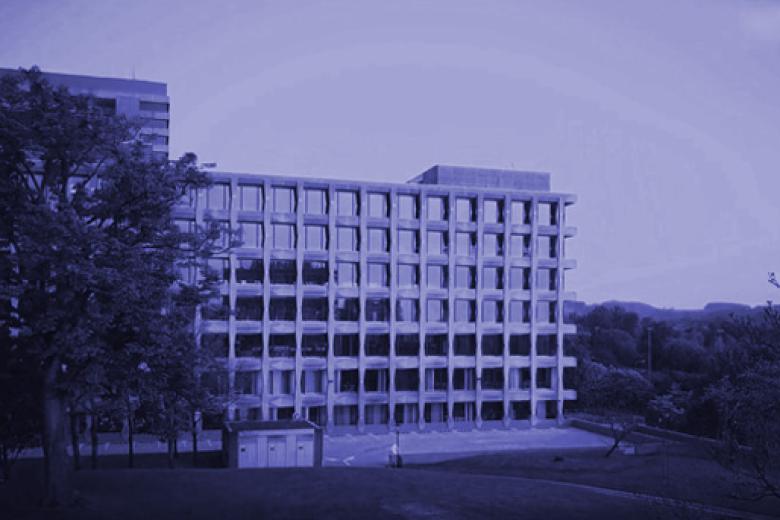
Cross-faculty collaborations
We collaborate with researchers in all six faculties of Maastricht University, and we are always open to exploring the possibility of new collaborations. If you would like to work together, do not hesitate to reach out.
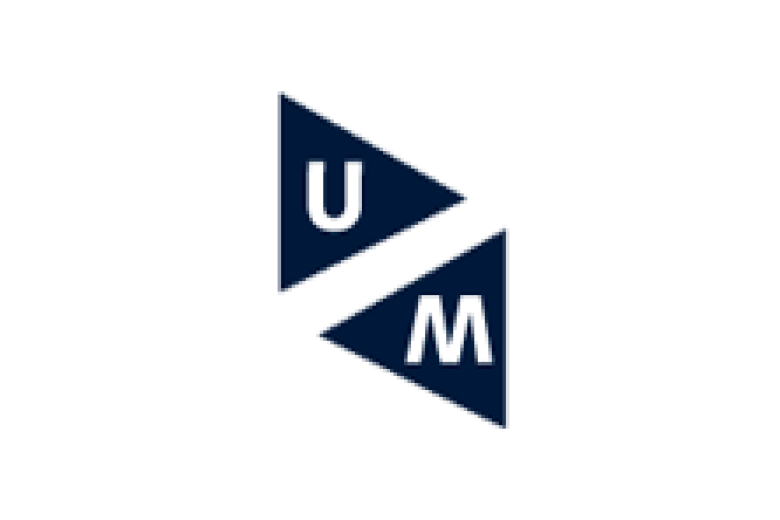
External networks
The Department of Advanced Computing Sciences is a member of, or involved in, the following networks:
- The European AI Alliance
- The National AI Coalition
- BNVKI - Benelux Association for Artificial Intelligence
- CLARIAH - Common Lab Research Infrastructure for the Arts and Humanities
- CLAIRE - Confederation of Laboratories for Artificial Intelligence in Europe
- DISC - National Graduate School for Systems and Control
- Digital Society
- DSPN - Data Science Platform Netherlands
- DTLS - Dutch Techcentre for Life Science
- Dutch Big Data Alliance
- FieldLab Robotics
- ICAI - Innovation Center for Artificial Intelligence
- IPN - ICT Platform Netherlands
- KION - Artificial Intelligence Studies Netherlands
- LNMB - Dutch Network on the Mathematics of Operations Research
- ODISSEI - Open Data Infrastructure for Social Science and Economic Innovations
- PWN - The Dutch Platform for Mathematics
- SIG-AI - ACM Special Interest Group on Artificial Intelligence
- SIKS - Netherlands Research School for Information and Knowledge Systems
